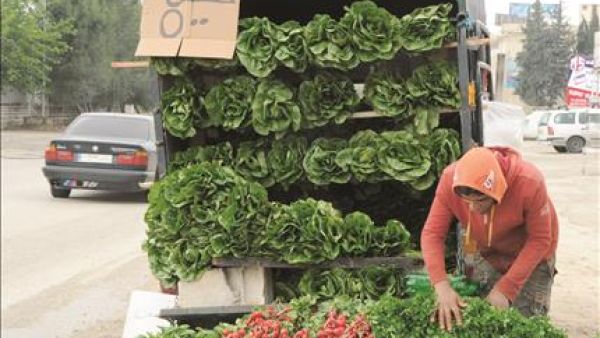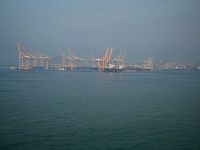Summer has not set in yet in the Kingdom but prices of some vegetables are leaving a scorching trail due to cold weather conditions sweeping farming areas. The price of okra has surged 150 percent in the retail market in the past couple of days with prices of other vegetables also going up considerably.
Intense cold conditions in Tabuk and Northern Border areas and rains in Baha, Taif and Madinah, which are the main vegetable-producing areas, have triggered the price hike.
Grade one okra is being sold at SR27 per kg (7 USD), up from SR10 a couple of days ago. Similarly, grade two okra that was available at SR8 per kg, is now commanding a price of SR16 or above per kilogram in supermarkets in Jeddah. There is a slight difference in prices among various popular supermarkets in the city. Streets sellers are selling at a lower price depending on the area.
The prices have gone up due to drop in the supply of vegetables in the markets, a market source said on Monday.
“The intense cold has affected standing vegetable crops in Tabuk and Northern Border areas besides Taif and Baha. Such conditions may lead to lower production of vegetable this season,” Mohammed Sayeed, bulk purchaser of vegetables for a leading retail market, told Arab News.
This is the peak production season for vegetables in Tabuk, and okra, grown in the province, is available across the Kingdom, he said.
Mohammed Nazeer, a Pakistani agriculturist who has been cultivating vegetables in Tabuk for the last 15 years, told Arab News that extreme cold and rain have affected okra crop. Farms in Tabuk area have sustained losses due to the cold weather including damage of harvested vegetable crops, he said.
According to him, it is a matter of another 15 days when temperatures will turn warmer which would be ideal for harvesting. This in turn would lead to increased supply of vegetables to markets and this will stabilize prices, he said.

Intense cold conditions in Tabuk and Northern Border areas and rains in Baha, Taif and Madinah, which are the main vegetable-producing areas, have triggered the price hike.







